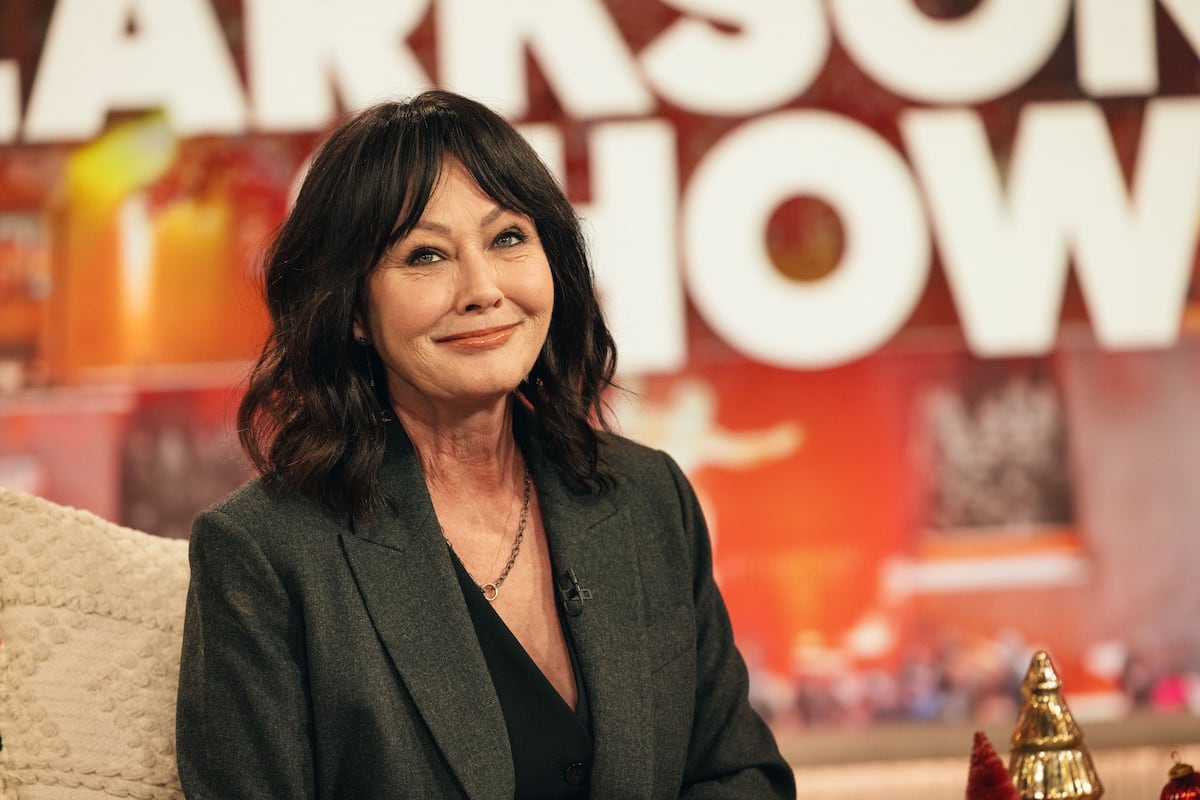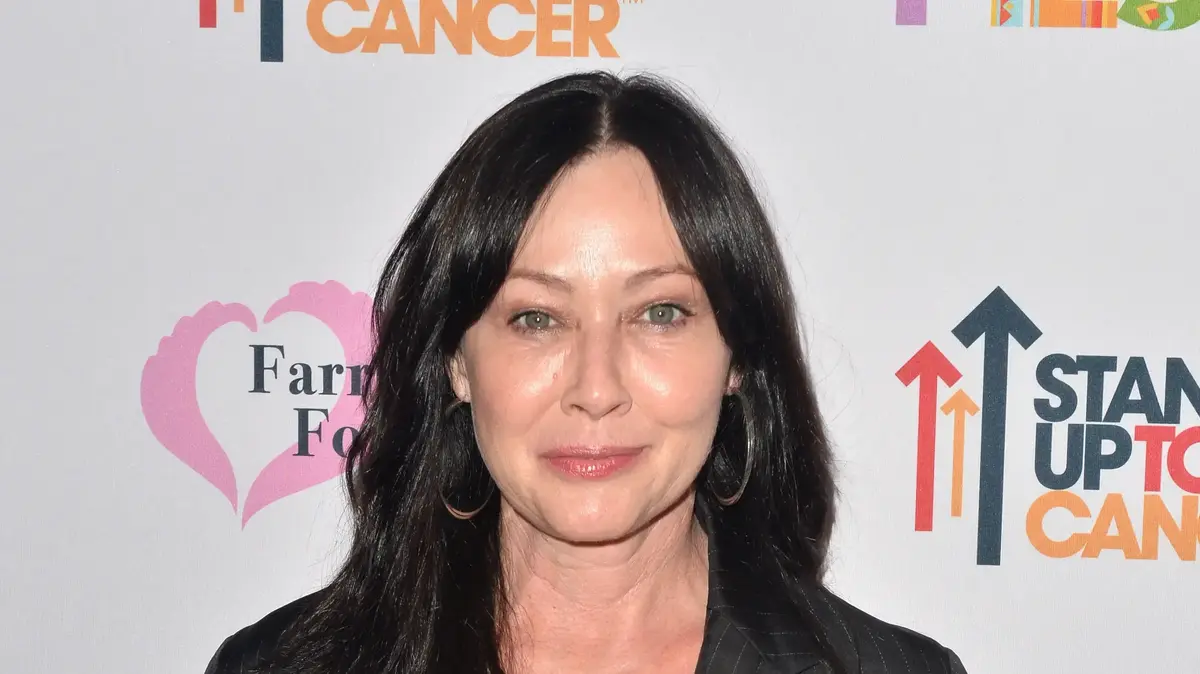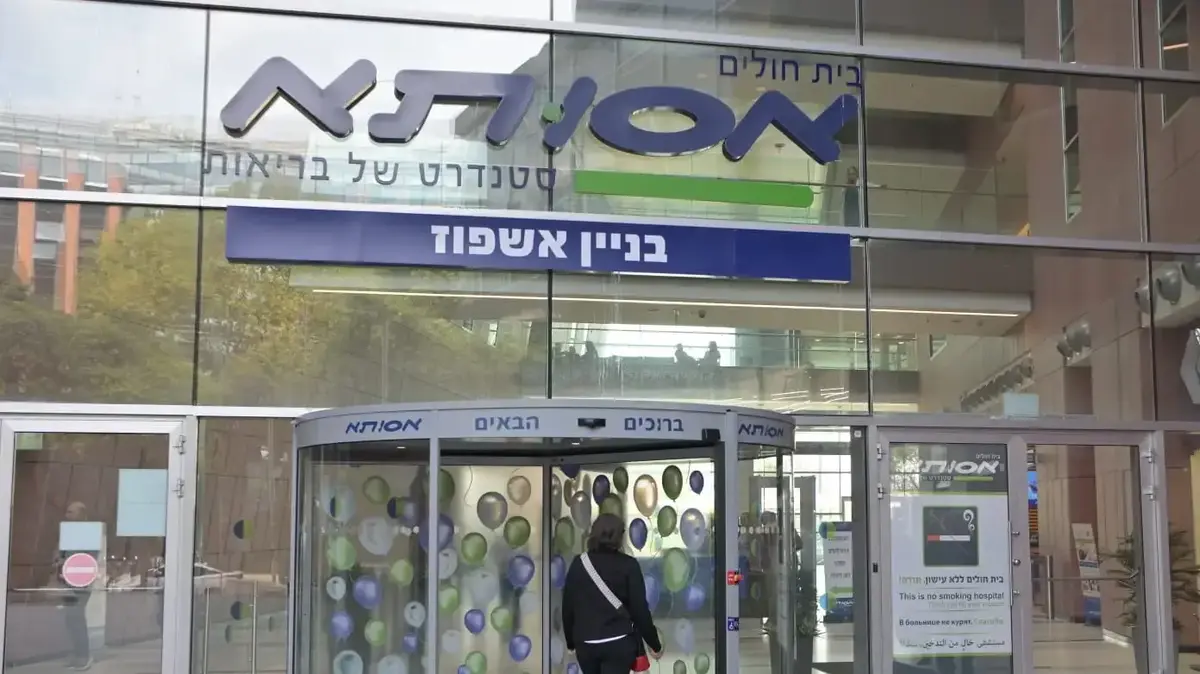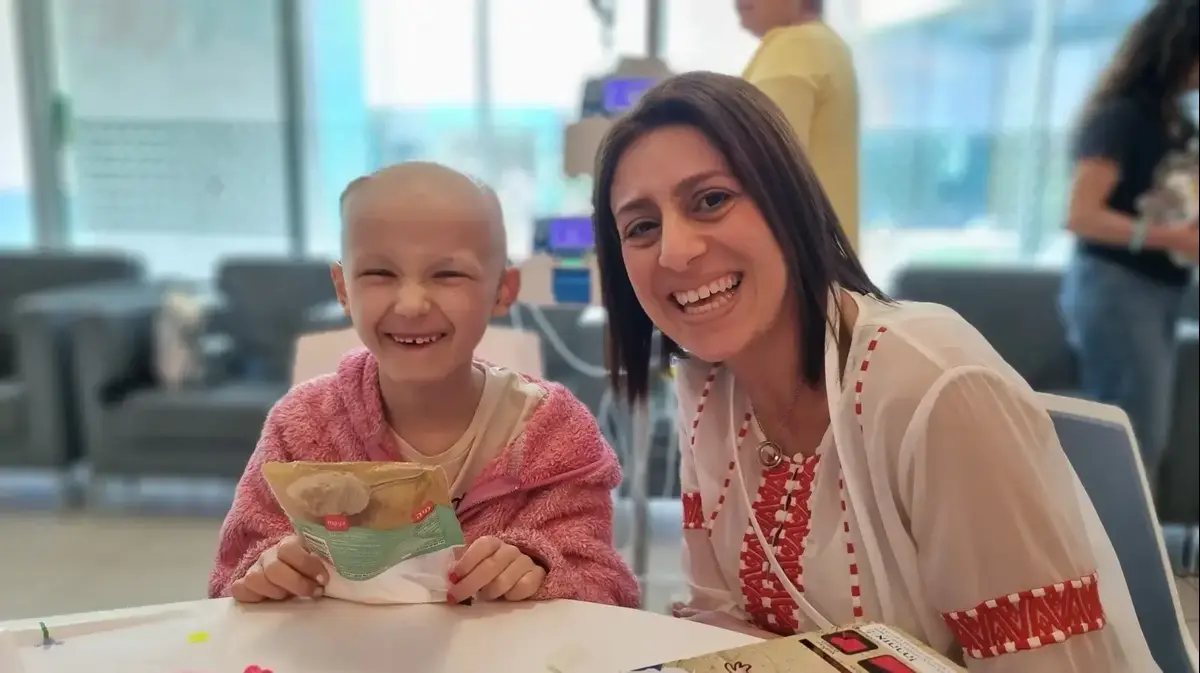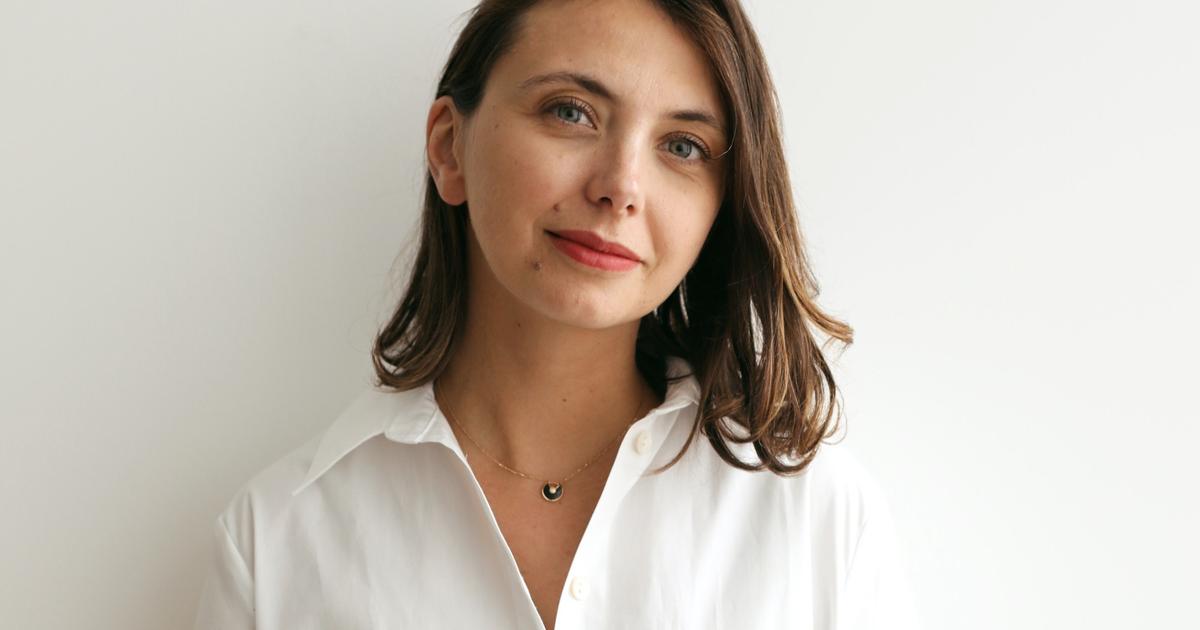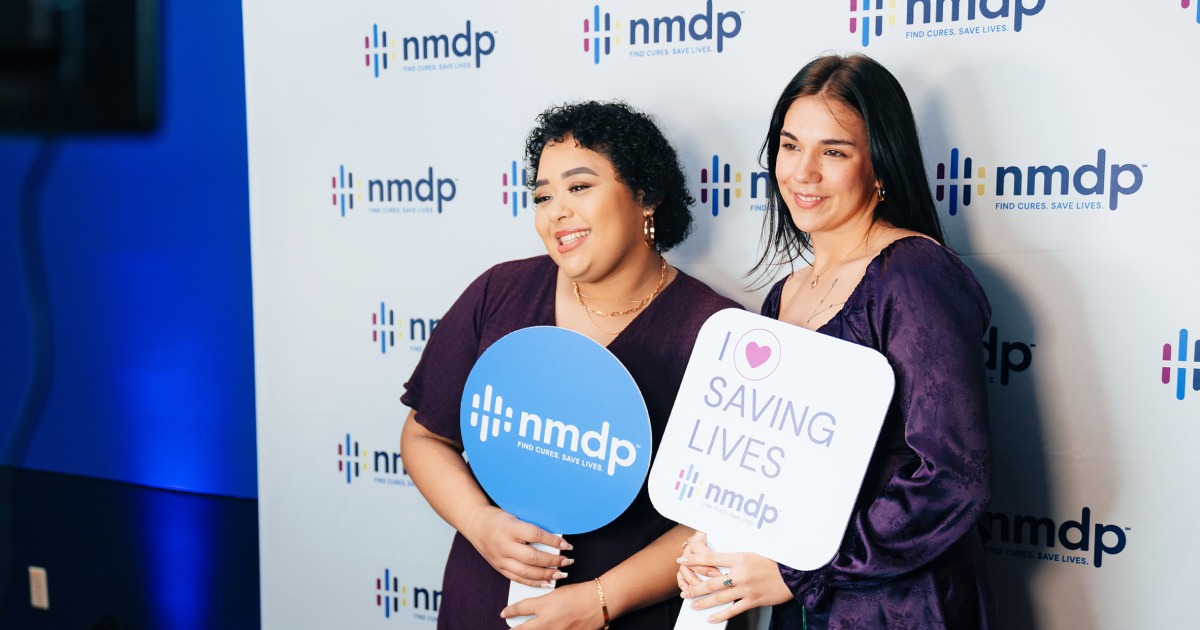Odelia's cancer is back, and she is not going to give up
Odelia Topel Dayan, grandmother of 7 grandchildren, was diagnosed with type 2HER breast cancer about a decade ago, and thought she had beaten the disease.
However, after several years, after returning from a vacation in Thailand, she discovered that the tumor had returned a second time and metastasized to the pelvis.
Thanks to a new treatment, Odelia manages to fight the disease and does not lose hope
Voila system!
Health, in collaboration with AstraZeneca
31/08/2022
Wednesday, August 31, 2022, 1:54 p.m
Share on Facebook
Share on WhatsApp
Share on Twitter
Share by email
Share in general
Comments
Comments
Imaging test for a breast cancer patient (Photo: Flash 90, Chen Leopold)
Breast cancer is the most common malignant disease among women in Israel and worldwide.
Every year, about 5,000 women are diagnosed with the disease - most of them at an early stage.
The cumulative risk for women in Israel to get breast cancer during their lifetime is about 12.8 percent among Jewish women and about 7 percent among Arab women.
Breast cancer has different biological characteristics that are expressed in the tumor cells themselves, and therefore the tumors can be divided into three main groups: the first group -
a hormonal tumor with receptors for the sex hormones estrogen and progesterone
that contribute to the division and spread of the cancer cells.
The second group -
HER2 positive tumor
.
In this tumor there is an increased expression of the HER2 protein, which causes the cells to divide and spread and the third group -
triple negative
- A condition in which the cancer cells of the tumor do not express estrogen and progesterone receptors and do not express an increased amount of the HER2 protein.
Besides this basic division, there are also different subtypes of the disease, with different additional characteristics.
About a quarter of breast cancer patients belong to the second group and are patients with tumors that overexpress the HER2 protein.
HER2 is a protein found on the cell membrane and its overexpression makes breast cancer much more malignant.
The treatment mechanism in recent years is based on a combination of biological drugs with chemotherapy.
The biological drugs are based on antibodies that bind with the HER2 protein, in a way that prevents the protein from binding with other proteins in order to do its work.
In recent years, a group of "antibody-conjugated chemotherapy" treatments has been developed.
These are drugs that work with a special mechanism similar to a "target guided missile".
These drugs consist of an antibody to which the chemotherapy is linked: the antibody attaches to the HER2 protein and introduces the chemotherapy directly into the tumor cell in a specific way, thus obtaining a high efficiency compared to the treatment of chemotherapy alone.
The chemotherapy was too hard for her.
Odelia Topel Dayan (Photo: Courtesy of those photographed, PR)
"I beat cancer, but it came back"
One of the patients in the new treatment is Odelia Topel Dayan, 65 years old from Tel Aviv, mother of 3 and grandmother of 7 grandchildren who was diagnosed ten years ago with type 2HER positive metastatic breast cancer.
She received chemotherapy, had a partial mastectomy and breast radiation, but the cancer returned again a few years ago.
"Actually, I already beat the cancer and it disappeared for a few years," she says, "but unfortunately after six years it came back with metastases."
Odelia describes the moment when she realized that her disease had returned again: "It started in 2018 when I felt back pain and went to an orthopedist who sent me for a back MRI scan, and the scan came out clean," she recalls, "we went on vacation in Thailand with the family and we thought we would get a lot of massages to make the pain go away." , she adds, "But the pain didn't go away, and when we returned we continued the investigation and despite the sadness they discovered that the cancer had returned with metastases in the bones and pelvis."
"After the discovery, I started a tough chemotherapy protocol that is relatively easy, but for me it included all the possible side effects. The treatments were difficult for me and unfortunately it ended with pneumonia."
Although the chemotherapy worked, Odelia could not continue the treatments.
"It was too difficult for me. There was a fear that I wouldn't be able to withstand it."
More in Walla!
The solution to knee pain is closer than ever - thanks to technology in the shoe
Submitted by Apostrophe
The results were amazing
Odelia applied for a second opinion, and the specialist recommended her a treatment intended for HER2 type metastatic breast cancer patients.
For two years Odelia was treated with biological therapy that made her feel better, but the disease progressed and there was no improvement in her medical condition.
"For these two years I felt great, but the cancer progressed and unfortunately in the imaging tests I did, the situation did not look good at all."
After consulting with both the oncologist and another specialist doctor, the years recommended to Odelia a new drug based on a "conjugated antibody for chemotherapy".
This type of treatment is relatively new and did not exist when Odelia's disease was discovered for the second time.
"The first time I submitted the application, I did not receive the medicine because it was given to patients with a different therapeutic prescription," she recalls, "happily, after another application, I received the medicine."
Odelia adds: "I'm already five months after the start of the treatment. The first treatments were very difficult for me because I suffer from many side effects, but after the doctors and I saw the PET-CT scan after the first four treatments - we were shocked. The results were phenomenal. The doctors were even more enthusiastic than we were, the markers went down and the disease not only stopped, but went into remission."
Today Odelia continues her treatments and the doctors treating her are trying to find the balance that will allow her to live well and also eliminate the disease.
"The treatment gave me mental and spiritual energy, in two months there will be another PET-CT examination and we are curious to see the results."
Odalia, who is expected to travel again in Thailand with her family members in the coming months, says that she has little hope that since this is a new treatment, her disease will stop and not progress.
"I am realistic and know exactly what my disease means, at the same time I believe that science and technology are always developing and in the near future metastatic breast cancer will become a chronic disease."
Odalia Topel Dayan takes part in the activities of the "Gamani" association, which holds social gatherings, lectures, fun days, workshops and trips for its members all over the country.
In addition, the association operates a closed Facebook group for women who have been diagnosed with breast cancer.
To join click here.
public service
Served on behalf of AstraZeneca
health
my health
Tags
cancer


